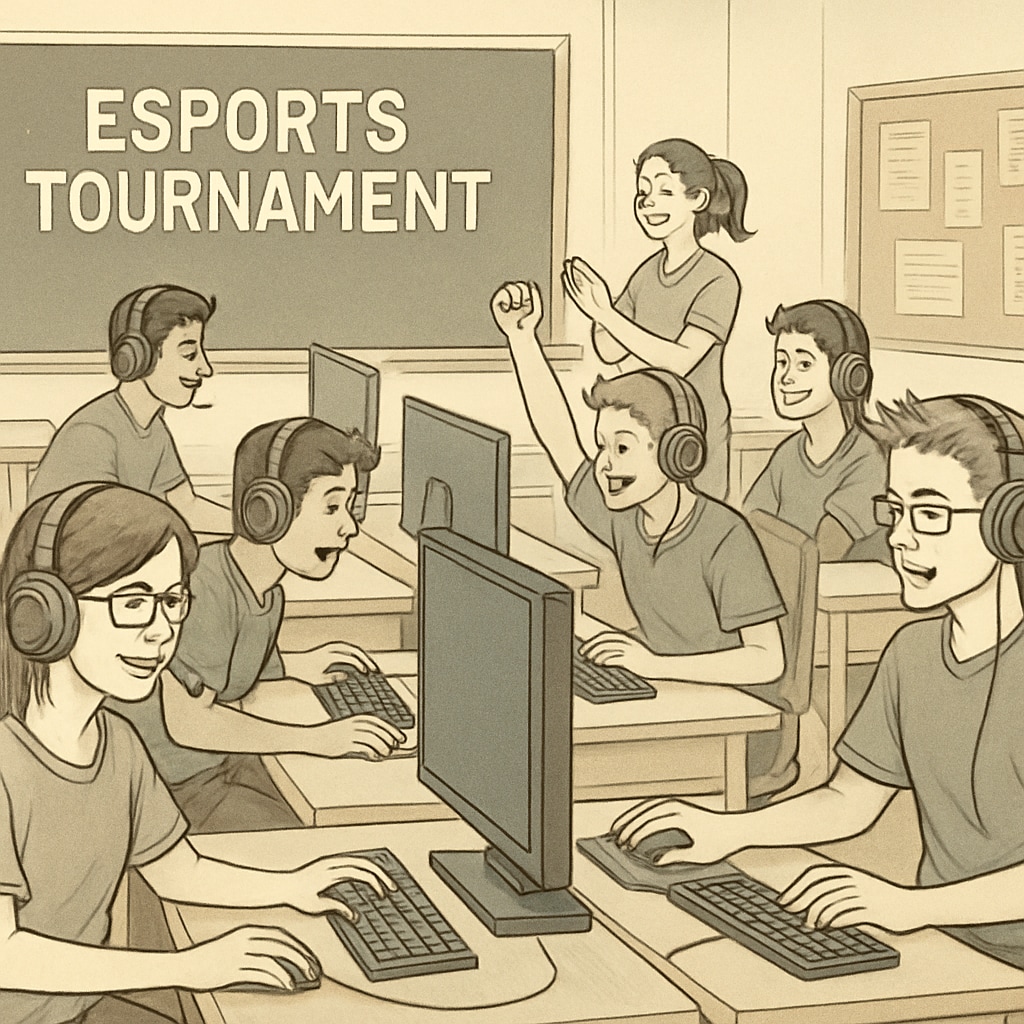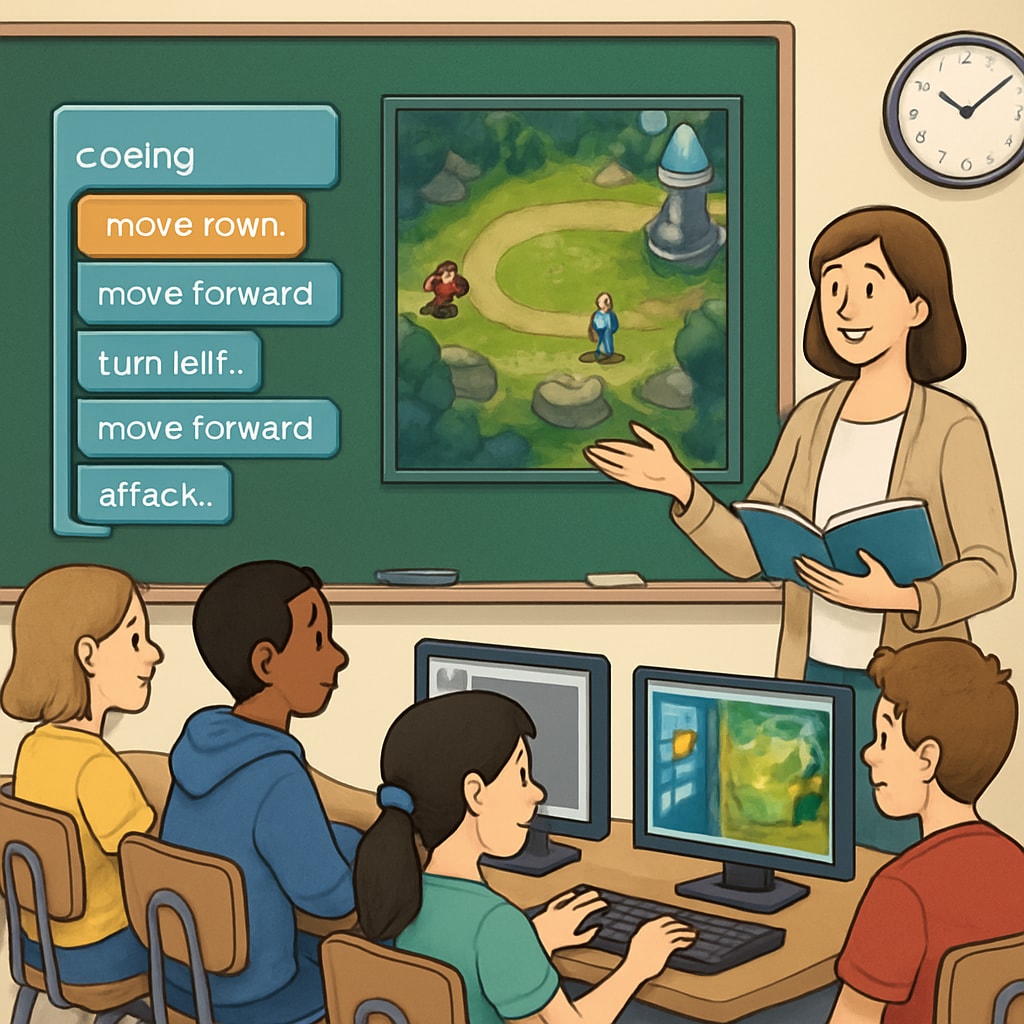GameClass and NASEF (North America Scholastic Esports Federation) are pioneering a groundbreaking approach to K12 education by integrating esports and game-based learning into school curriculums. Their strategic collaboration aims to connect video games with core academic subjects, offering students worldwide an innovative and engaging way to learn. With over 9,000 esports clubs globally benefiting from this initiative, GameClass and NASEF are shaping the future of education through the lens of esports.

Why Esports and Education Are a Perfect Match
The worlds of gaming and education may seem distinct, but when combined, they have the potential to create transformative learning experiences. Esports fosters critical skills such as teamwork, communication, strategic thinking, and problem-solving, all of which align with the goals of modern education. By leveraging the popularity of video games, educators can connect with students in a way that feels relevant and exciting.
For example, game-based learning (the use of games as educational tools) provides a platform for students to apply concepts from mathematics, science, and language arts to real-world scenarios. Games like Minecraft can be used to teach geometry and architecture, while others like Civilization can explore history and cultural dynamics. This innovative approach not only makes learning fun but also enhances retention and understanding.
GameClass and NASEF: Revolutionizing K12 Education
GameClass and NASEF are leading the charge in esports education by creating a structured framework that integrates gaming into school curriculums. Their collaboration focuses on connecting esports with core academic subjects, allowing students to explore diverse fields ranging from STEM to humanities. By using video games as a medium for learning, students are encouraged to develop both their academic skills and their passions.
Their strategic model includes:
- Creating esports clubs within schools to foster community and collaboration.
- Developing game-based lesson plans that align with educational standards.
- Providing professional development resources for educators to effectively integrate esports into their teaching.
- Encouraging students to take on roles in esports that go beyond gaming, such as broadcasting, graphic design, and project management.
As a result, educators can inspire students to explore academic subjects in ways that resonate with their interests. According to a study by Britannica, esports programs have been linked to improved student engagement and academic performance, proving the effectiveness of this innovative approach.

The Global Impact of Esports Education
With over 9,000 esports clubs worldwide participating in the GameClass and NASEF initiative, the impact of game-based learning has reached unprecedented levels. This global partnership is not just about gaming; it’s about creating opportunities for students to thrive academically and socially. By bridging the gap between traditional education and modern interests, esports education is redefining what it means to learn in the 21st century.
Furthermore, the initiative emphasizes inclusivity by ensuring students from diverse backgrounds can participate. Esports clubs create safe spaces for collaboration, allowing students to connect with peers while developing valuable life skills. As a result, these programs contribute to building confidence, fostering creativity, and preparing students for future careers in technology, media, and beyond.
The Future of Esports in Education
The collaboration between GameClass and NASEF signals a promising future for esports education. As schools continue to adopt game-based learning strategies, we can expect to see a shift in how students approach academic challenges. By using tools that resonate with students’ interests, educators are not only enhancing engagement but also equipping students with the skills needed for success in a rapidly evolving world.
For educators, parents, and policymakers, esports education offers a valuable opportunity to rethink traditional teaching methods. As game-based learning on Wikipedia suggests, this approach has the potential to revolutionize the way we view education, making it more interactive, inclusive, and impactful.
In conclusion, GameClass and NASEF are leading the way in transforming K12 education by combining esports with core academic subjects. Their innovative approach promises to make learning more engaging and meaningful for students worldwide.


